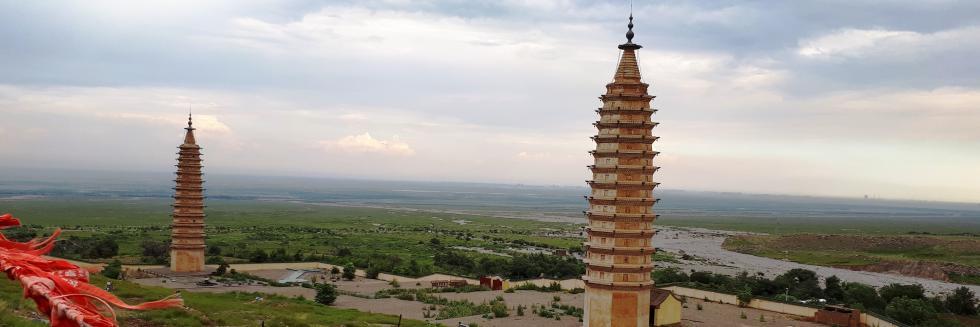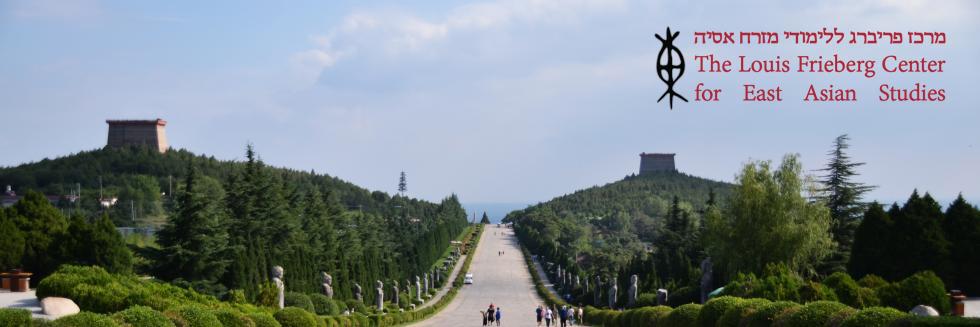Louis Frieberg Center for East Asian Studies
A Story of Coincidences
Irene Eber
A not unusual event occurred in 1997 during my tenure as chair of the Department of Asian Studies at the Hebrew University of Jerusalem. Professor G. had found a potential Canadian donor and wanted to introduce him to members of the department as well as important personalities from various university departments.
A breakfast was arranged at the King David Hotel and as department chair I was also invited. I was told that this donor was particularly interested in trade with China and that I should present an especially attractive picture of our Asian department. It was important that the donor receive a favorable impression of the department's activities and its interesting commercial relations. I had promised to do my best, even if commerce was not one of my major interests. By the time I arrived at the King David everyone was already seated and the only place still available was across the long table from the donor.
He was a good looking man named Lejzer (Lazar) Frieberg, perhaps in his sixties and was a wealthy builder of high rise buildings. He spoke accented English and was obviously not a native Canadian. There were the usual laudatory speeches to which he replied graciously, and I soon ceased to listen having participated in similar meetings already for several months. At some point I looked across the table; he had his hands folded and his wrists were exposed. On his right one quite visible was the tattoo "KL". I went into an immediate state of shock, staring at the tattoo, which I knew well. My sister had the same "KL" on her right wrist that was given at the work camp "Cyranka Berdechow", located in the vicinity of Mielec, my native town. Perhaps "KL" was also used in other work camps, there were quite a number in the vicinity of Mielec. But in Cyranka Berdechow were also other members of my family and it was the camp where the evil Rudi Zimmerman killed Jews with abandon. It was a work camp and its function was road construction under the supervision of two families, named Baeumer und Loesch. The "KL" stood for Koncentrations Lager or concentration camp, although this was a work camp and not a concentration camp.
Breakfast over, it was time to say good bye. I had waited anxiously for this moment needing to ask Frieberg were he was from and if he had been in Cyranka Berdechow. His answer was simple, He was from Mielec and his entire family was in the camp. I told him then I too was from Mielec, of the Geminder family. He then told me something completely stunning that left me speechless. These were his words, "My brother Mejleh was engaged to your cousin Malka Kurtz". Now Malka was Reuven and Fejge Kurtz's daughter and Fejge was my father's sister. Had Mejleh married Malka the Friebrg family would have become part of the Kurtz family. Unfortunately, this never happened. War and destruction put an end to it.
We two people stood silently across from each other. Words could not express the emotion we felt.
Is there anything we can learn from such a story? We can, indeed. Historic details must be seen within a context, only then can we determine if they make sense or not.
The Louis Frieberg Center of Asian Studies.



